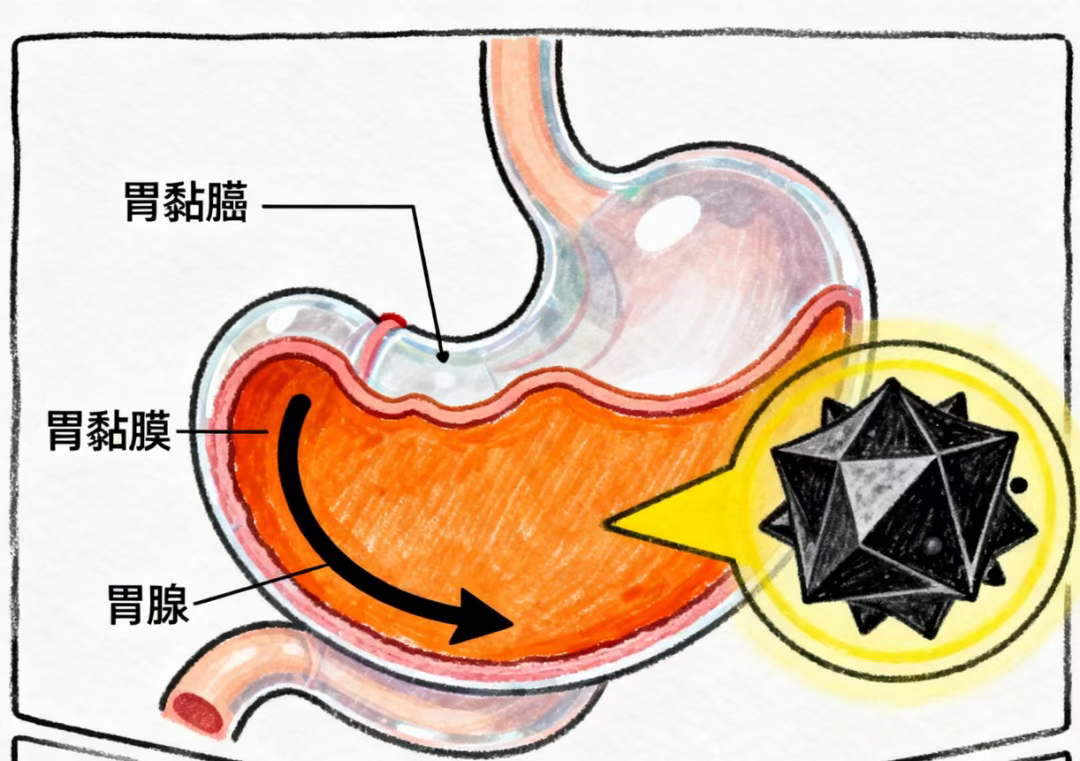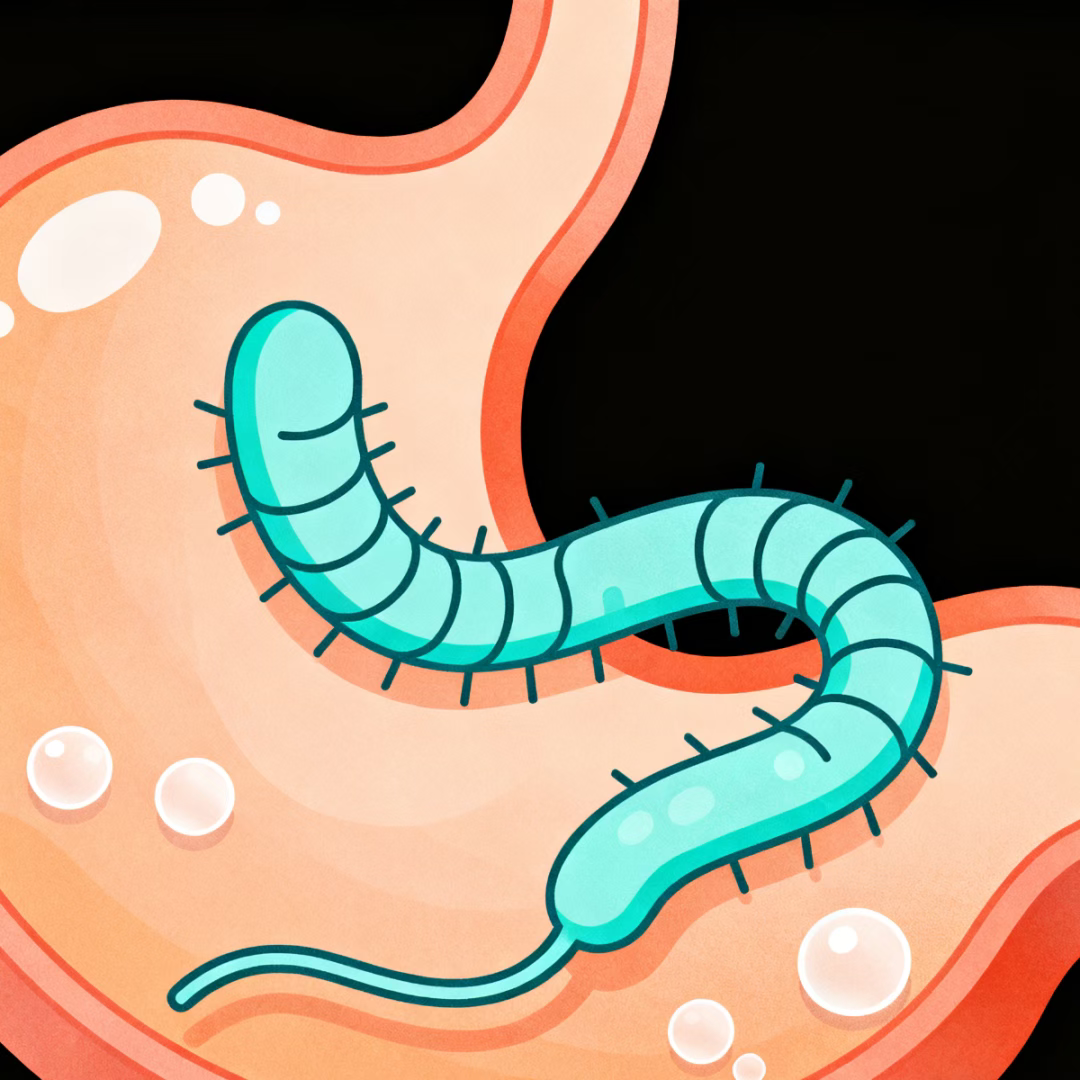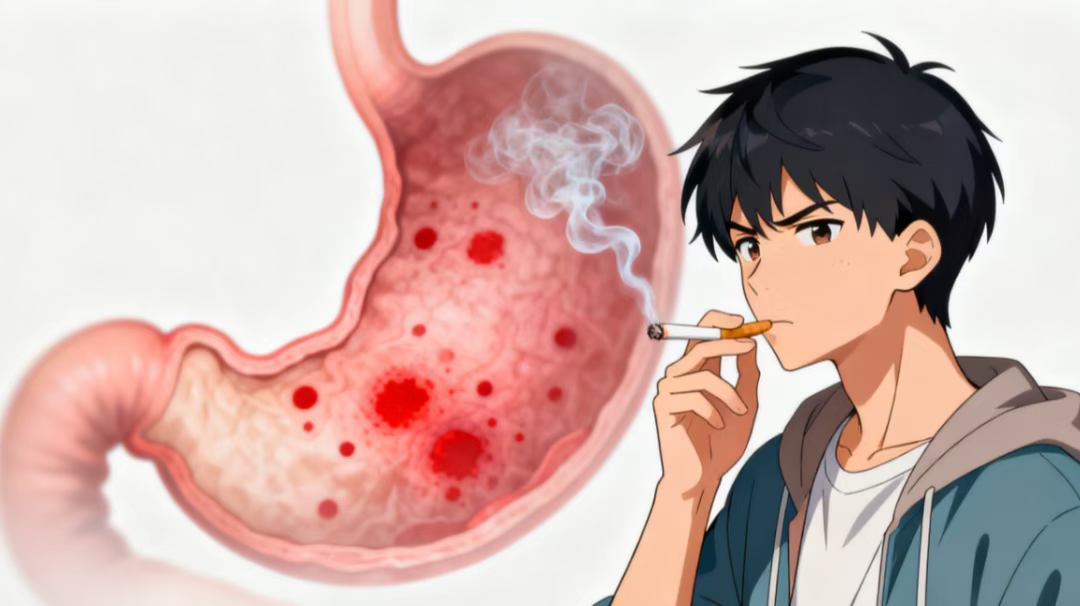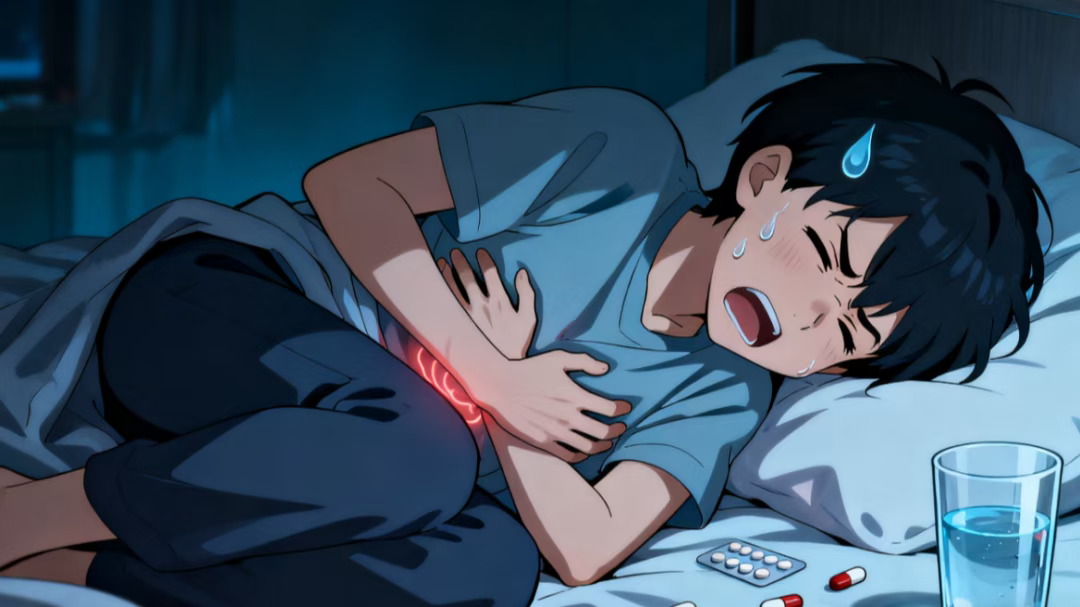The 'Silent Killer' in the Stomach: These Truths About Gastric Cancer You Must Know
The 'Silent Killer' in the Stomach: These Truths About Gastric Cancer You Must Know
Ⅰ.What is Gastric Cancer?
Once gastric mucosal epithelial cells "lose control and run amok," they can give rise to gastric cancer—a "health killer." Globally, it remains one of the most commonly diagnosed malignant tumors, constantly threatening human life and health. In China, its incidence rate has long ranked among the top for all cancers, posing an unignorable health hazard.

II. Causes of Gastric Cancer
1.“The Uninvited Guest in the Stomach”: Helicobacter pylori InfectionHelicobacter pylori is no ordinary bacterium—it can colonize the stomach long-term. This bug gradually erodes the protective barrier of the gastric mucosa, leaving it in a state of chronic inflammation. Just as skin worn down by constant friction can change over time, gastric mucosal cells may develop abnormal alterations and slowly progress toward cancerous transformation. It is a major culprit behind gastric cancer.

II. Causes of Gastric Cancer
2.“Dietary Time Bombs”: Unhealthy Eating HabitsDaily eating habits are a direct driver of gastric health—and two patterns pose particular risks:
Long-term High-Salt Diets
Do you often reach for pickled vegetables, salted meat, or preserved veggies? The excessive salt in these foods acts like a corrosive, directly damaging the gastric mucosa and forcing it into a cycle of repeated injury and repair. Over time, this erodes the stomach’s natural defenses, laying the groundwork for illness—even cancer.
Preference for Smoked & Preserved Foods
Smoked meats, cured pork, salted fish, and other smoked/preserved dishes often generate nitrites during preparation. Once ingested, these nitrites can convert to carcinogenic nitrosamines—substances that significantly boost the risk of cancerous changes in stomach cells.

II. Causes of Gastric Cancer
3.“Inescapable Innate Links”: Genetic FactorsGastric cancer also exhibits familial clustering—a pattern where the disease tends to cluster in families. If you have first-degree relatives (parents, siblings, etc.) who have had gastric cancer, you may carry genes that make you more susceptible to the disease, putting you at a higher risk than the general population. Such individuals should prioritize early gastric health screenings to enable timely detection and prevention.
4.“Invisible Daily Harms”: Other Risk FactorsBeyond the above factors, unhealthy lifestyle habits and chronic stomach conditions can quietly erode gastric health over time:
•Smoking: Harmful compounds in tobacco smoke—like nicotine and tar—enter the stomach via swallowing. They not only irritate the gastric mucosa directly but also disrupt normal stomach peristalsis and digestion. Long-term smoking significantly raises the risk of gastric cancer.
•Excessive Alcohol Use: Alcohol inflicts direct, severe damage on the gastric mucosa—high-proof spirits (e.g., baijiu) are particularly corrosive, causing inflammation, erosion, or even ulcers. Chronic heavy drinking leads to repeated mucosal injury, drastically increasing carcinogenesis risk.
•Chronic Stomach Diseases: Untreated or poorly managed conditions like gastric ulcers, chronic atrophic gastritis, or gastric polyps can worsen over time. With the gastric mucosa stuck in a pathological state, abnormal cell proliferation becomes more likely—eventually potentially leading to malignant transformation and gastric cancer.

III. Symptoms of Gastric Cancer
1. Early Symptoms: Prone to "Masking"—Don’t Dismiss Them as Common Stomach Issues
Gastric cancer’s early symptoms are highly atypical—many people mistake them for indigestion or gastritis and brush them off with over-the-counter stomach meds. In reality, these subtle signs may be the body’s "warning signals":
•Persistent Upper Abdominal Discomfort: Frequent dull pain, bloating, or an indescribable "heavy fullness" in the upper abdomen. The pain follows no pattern—sometimes striking before meals, sometimes worsening after—and closely resembles the discomfort of common gastritis, making it easy to overlook.
•Sudden Loss of Appetite: A abrupt disinterest in previously enjoyed foods, a marked drop in food intake, and feeling full quickly—even with tiny portions—despite having little appetite.
•Unexplained Weight Loss: Dropping 5+ pounds (or more) in 1–2 months withoutintentional dieting or increased exercise. This may signal the tumor consuming the body’s energy—don’t write it off as "natural weight loss."
•Occasional Nausea/Acid Regurgitation: Feeling nauseous from time to time, even vomiting occasionally, paired with acid regurgitation or belching—symptoms that often flare after meals and are mistaken for "gastroesophageal reflux."
2. Late-Stage Symptoms: Strong Signals—Your Body Is "Calling for Help"
If early warning signs are ignored, the disease progresses to advanced stages, with more pronounced (and dangerous) symptoms—seek immediate medical care if these occur:
•Worsening Abdominal Pain: Upper abdominal pain evolves from occasional dull aches to constant, intensifying pain—it may feel dull, colicky, or even excruciating. Stomach medications won’t relieve it, and pain may radiate to the lower back.
•Hematemesis (Vomiting Blood) or Melena (Black Stools): A critical red flag!Tumor invasion of gastric blood vessels causes bleeding:•Heavy bleeding: Vomiting blood-tinged material (bright or dark red).•Light bleeding: Blood is digested by the intestines, turning stools black and tarry (shiny, like tar).
•Difficulty Swallowing (Dysphagia): If the tumor grows in the upper stomach (e.g., the cardia, where the esophagus meets the stomach), it blocks the food passage. You may feel food "stuck in your throat" when eating solids—and later struggle to swallow liquids.
•Palpable Abdominal Mass: Some patients feel a hard, irregularly shaped mass in the upper abdomen when pressing. The mass is fixed in place (doesn’t move with pressure) and may be tender.
•General Worsening Condition: Noticeable anemia (pale complexion, dizziness, fatigue), extreme weakness, rapid weight loss leading to emaciation, and/or persistent bloating alternating with diarrhea and constipation. These are all signs of the body being long-term consumedby the tumor.

IV. Diagnostic Methods for Gastric Cancer
1.Gastroscopy: The "Gold Standard" for DiagnosisGastroscopy enables direct visualization of gastric mucosal lesions and allows tissue sampling for further testing to confirm whether abnormalities are benign or malignant. It remains the definitive diagnostic tool for gastric cancer
2.Pathological BiopsyDuring gastroscopy, suspicious tissue is collected and examined under a microscope for cancer cells. This is the most reliable basis for a conclusive gastric cancer diagnosis.
3.Imaging Tests•CT Scan: Assesses tumor size, location, and the presence of lymph node or distant metastases—critical for staging and tailoring treatment plans.•MRI: Offers advantages over CT in specific scenarios, such as evaluating tumor invasion of nerves or blood vessels.•Upper Gastrointestinal Contrast Study: Uses X-rays after oral contrast to image gastric structure. However, it is less sensitive than endoscopy for detecting early-stage gastric cancer.
4.Tumor Marker TestingMeasures levels of markers like CEA, CA19-9, or CA72-4. Elevated levels may hint at gastric cancer or recurrence, but these markers have low specificity and sensitivity—they must be interpreted alongside other tests.
V. Treatment Modalities for Gastric Cancer
1.Surgical TreatmentSurgery is the primary curative-intent therapy for gastric cancer, divided into:•Radical Surgery: Removes the tumor, invaded adjacent tissues, and regional lymph nodes to achieve complete cancer clearance.•Palliative Surgery: Alleviates symptoms (e.g., obstruction, bleeding) to improve quality of life when cure is not feasible.
2.ChemotherapyEmploys chemical agents to kill or slow cancer growth. It includes:•Neoadjuvant Chemotherapy (pre-surgery): Shrinks tumors to facilitate surgical resection.•Adjuvant Chemotherapy (post-surgery): Reduces recurrence risk.•Palliative Chemotherapy (advanced, inoperable cases): Controls disease progression and extends survival.
3.Radiation TherapyUses high-energy rays to damage cancer cell DNA and inhibit proliferation. It may be used alone or combined with chemotherapy/surgery, primarily for locally advanced gastric cancer or to relieve pain from bone metastases.
4.Targeted TherapyTargets specific molecular vulnerabilities in the tumor. For instance, trastuzumab (a monoclonal antibody) improves outcomes in HER2-positive gastric cancer patients.
5.ImmunotherapyActivates the body’s immune system to recognize and attack cancer cells. Immune checkpoint inhibitors (e.g., pembrolizumab) have emerged as a novel option for some patients with advanced disease.
VI. Preventive Measures for Gastric Cancer
1.Eat a Balanced DietPrioritize fresh fruits, vegetables, and whole grains; limit high-fat, high-sugar, and high-salt foods. Minimize smoked, pickled, and fried items to reduce carcinogen exposure.
2.Adopt Healthy Lifestyle HabitsQuit smoking and limit alcohol to avoid irritating the gastric mucosa. Maintain regular sleep, get adequate rest, and avoid overexertion to preserve immune function.
3.Prevent Helicobacter pylori InfectionUse serving utensils (chopsticks/spoons) and avoid sharing tableware or cups. If infected, follow standardized antibiotic treatment to lower cancer risk.
4.Treat Stomach Conditions PromptlyFor gastric ulcers, atrophic gastritis, or polyps, seek timely medical care and undergo regular follow-ups to prevent malignant transformation.
5.Regular Screening for High-Risk GroupsIndividuals with a family history of gastric cancer, poor dietary habits, or chronic stomach diseases should undergo regular endoscopy and tumor marker testing for early detection and intervention.

Preliminary Review: Zhang Jie
Final Review: Ma Shuqian
